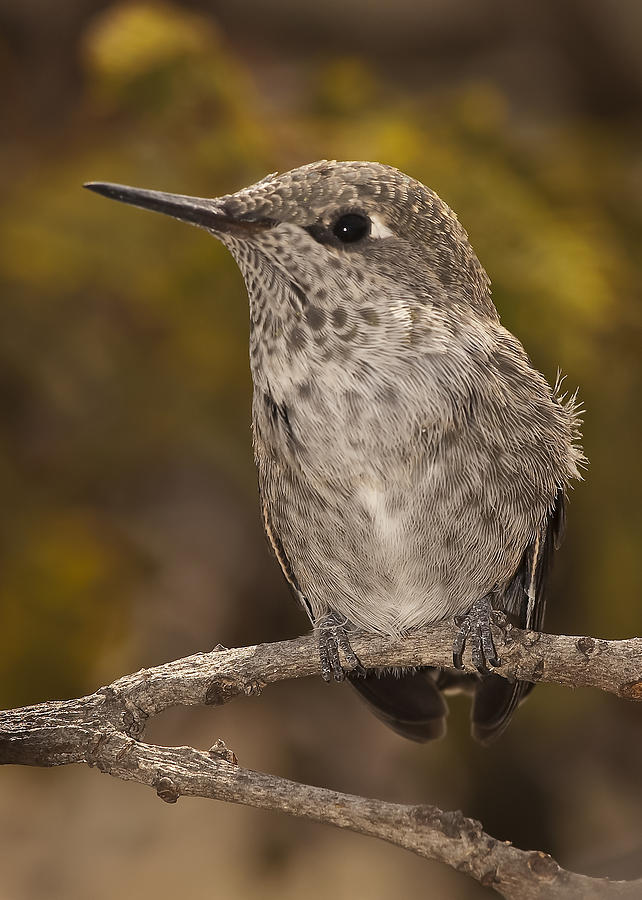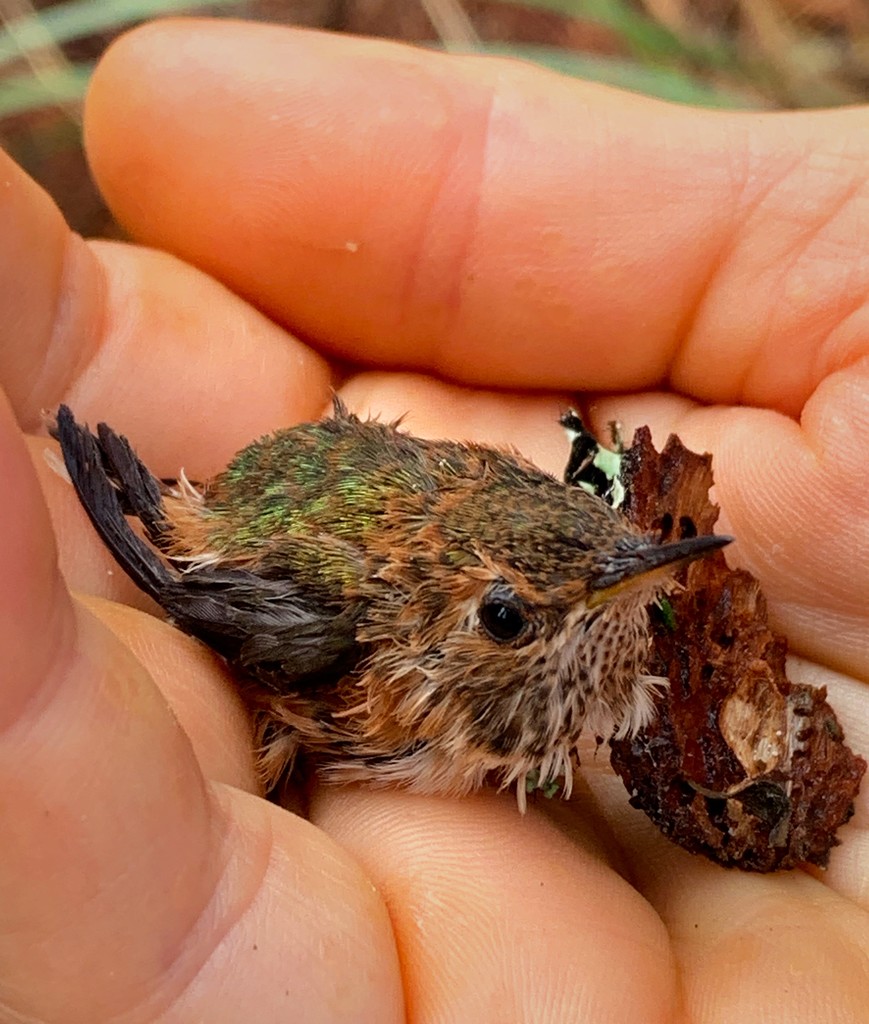
If you are holding the hummer in cupped hands you can also position the bill near a feeding port of a feeder and it may start drinking.ĭo not mix anything with the nectar or attempt to feed the hummingbird any other food or insects. Let the hummingbird calm down a bit and try again. If the hummingbird gasps or bubbles are seen on the side of the hummingbird's mouth, stop immediately. If the hummingbird is eating, his/ her tongue will be seen moving and bubbles will be seen in the liquid. Do not squeeze the eyedropper or push the nectar into the hummingbird's mouth as you could drown the hummingbird. Hummingbirds eat nectar from flowers and small insects in the wild. To feed a hummingbird you have found, offer nectar, using an eyedropper, place a few drops on the end of its beak. If the hummer is injured or too exhausted to fly you may want to offer some nectar for energy If a hummingbird you have attempted to save dies, hope for a better result if there is a next time. Even very seasoned hummingbird rehabilitation specialists will agree that hummingbirds are one of the most difficult bird to save in the time of crisis. Don't fret if a hummingbird you are trying to save does not survive as rescue efforts are extremely difficult at best. Very few will make it though any sort of trauma, accident, or disease.

Your time-frame with hummingbirds is less than four (4) hours to initiate care and only about twenty-four (24) hours to get help before it may be too late. However, there are some things you can do to help with hummingbird care and what you do all depends on the situation. Hummingbird care and first aid is difficult at best and should be only done by a trained rehabilitator such as a wildlife expert or veterinarian trained in hummingbird care. Often by helping, humans can accidentally hurt the tiny and fragile birds.

It is best to let Mother Nature handle the situation. People often want to help/ assist a sick, injured or orphaned hummingbird? We receive many queries but saving a hummingbird is often difficult. In the United States about having a hummingbird in captivity. It's all just speculation on my part at this point.Always keep in mind about the very severe laws Maybe something swollen in the GI tract? Maybe that tongue fungal infection people sometimes talk about? The throbbing movement they make when their head is up might be due to trying to get nectar past a swollen part of their tongue. It puffs up and sticks it head up and tongue out for a long while and takes longer to drink at the feeder than the other birds. The second male Anna I saw doing it is currently visiting now and I saw it do that behavior last night. It could of died or it could have migrated away because it was leaving for another area and would go away for days at a time. I had pics of that hummer on this forum because it had a busted bill. It don't remember doing it at first but it drank like that later on and then I saw it no more. On the first hummer I saw do it, it was the most aggressive Anna I have ever had and the fluffing up was what it also did when it was guarding it's feeders. I have seen that behavior on two different hummers that I can remember. I was wondering what was going on and what I can do.

However, it is very aggressive to other birds who would try to use the feeder. It is very bloated, breathes heavily and always has its tungue stuck out. There is a strange hummingbird that started frequenting my feeder.


 0 kommentar(er)
0 kommentar(er)
